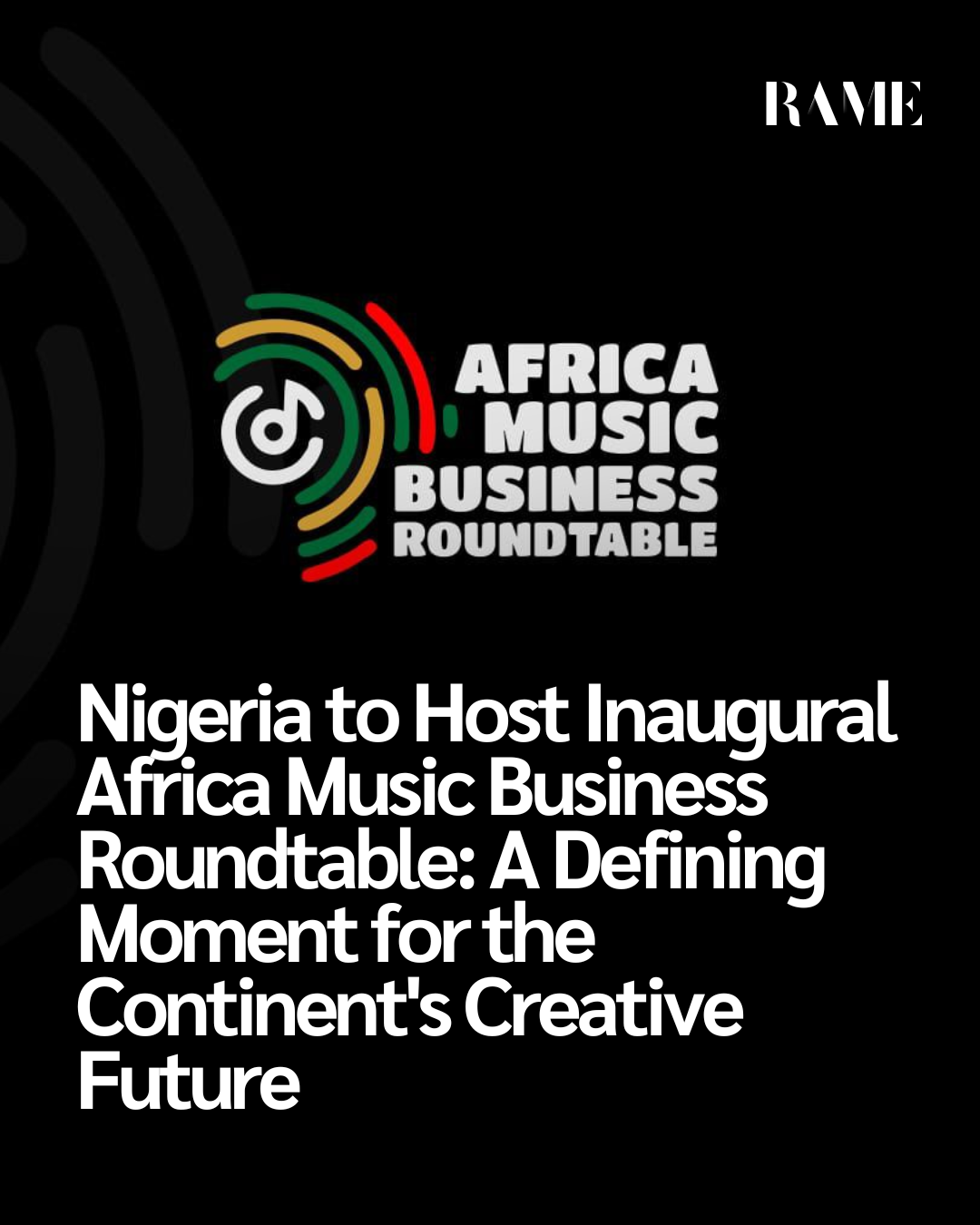Africa’s music industry has experienced explosive growth over the last decade, captivating global audiences and bringing new levels of recognition to the continent’s artists and culture. Building on this momentum, Nigeria is poised to become the epicenter of a significant new initiative: the first-ever Africa Music Business Roundtable, set to take place from June 3 to 5, 2025. The event promises to be a landmark moment in shaping the future of Africa’s music industry, offering a dynamic platform where key stakeholders, policymakers, innovators, investors, and academics will converge to address pressing challenges and co-create strategies for sustainable growth.
A Landmark Gathering for a Rapidly Rising Industry
The three-day event, to be hosted in Nigeria—a recognized powerhouse of African music—seeks to become more than just another industry meetup. It aims to provide a structured, future-forward framework for a sector that, despite its cultural dominance, continues to wrestle with systemic issues such as copyright enforcement, data transparency, policy voids, and underinvestment.
The roundtable is expected to attract a wide range of participants including:
- Executives from record labels and publishing companies
- Representatives from rights organizations
- Government agencies and regulatory bodies
- Academic institutions and researchers
- Insight firms and music data analysts
- Investment firms looking to fund Africa’s creative potential
At the heart of the program will be keynote speeches, panel discussions, working group sessions, and interactive networking forums. These activities are designed not just to inform, but to actively shape the next phase of development in the African music business ecosystem.
Setting the Stage for Transformation
The Africa Music Business Roundtable comes at a critical juncture. Africa’s musical output, from Afrobeats and Amapiano to the fusion of traditional and contemporary sounds, is enjoying unprecedented global popularity. International collaborations, streaming dominance, and chart success are placing African artists firmly in the global spotlight. However, this popularity hasn’t necessarily translated into robust structural growth across the continent.
Event co-founder Dr. Chinedu Chukwuji, an esteemed figure in the intellectual property and creative rights space, emphasized the strategic intent behind the roundtable:
“This isn’t merely an industry event,” said Chukwuji. “It is a rallying cry. It serves as a platform for Africa’s music leaders to develop the policies and frameworks that will shape the future of the industry.”
Co-founder and respected music executive Michael Odion added,
“By gathering the right minds, we can develop actionable strategies that benefit everyone in the value chain—from artists and producers to distributors and investors.”
Their shared vision is for the event to act as a catalyst for cross-continental collaboration, innovation, and regulatory coherence.
Topics That Matter: From Data to Investment
With such a diverse audience and high-profile speakers expected, the Roundtable’s content has been curated to address the core areas of structural fragility within the African music industry. Key themes will include:
1. Data Infrastructure and Transparency
Data is the new oil, especially in the music business. Yet, for many African creators, access to accurate data on streaming, royalties, and market trends remains elusive. Discussions will center around building shared data systems, enhancing analytics capabilities, and ensuring royalty accountability across platforms.
2. Copyright and Intellectual Property Reform
As piracy and rights violations continue to threaten creatives’ incomes, copyright reform and the establishment of effective collection systems are crucial. The Roundtable will explore ways to modernize IP laws across the continent, strengthen rights organizations, and promote digital-first licensing systems that work across borders.
3. Policy Development and Regulation
Government involvement in the creative sector has often been fragmented or reactive. This event intends to bridge the gap between policymakers and the creative economy by advocating for clear, actionable policies that protect artists, incentivize growth, and attract global partnerships.
4. Securitization of Music Assets
One of the more forward-thinking agenda items is the conversation around music as an investment asset class. As streaming revenues grow, music IP is increasingly viewed as a securitizable asset. The event will examine how to monetize catalogs, attract institutional investment, and create valuation frameworks suited to African markets.
5. Education and Capacity Building
To sustain growth, the continent needs more trained professionals—from music lawyers and rights managers to tour promoters and data analysts. A portion of the discussions will focus on curriculum development, university partnerships, and capacity building through industry-academic collaborations.
Bridging Gaps Between Creators, Investors, and Policymakers
At the center of the Roundtable’s mission is a desire to create an integrated value chain. Too often, the disconnect between different players—artists, regulators, business developers—has resulted in missed opportunities and resource wastage. By bringing them all to one table, the event hopes to unlock synergies that can fuel long-term growth.
This integration is particularly vital for young, emerging creators, who frequently face the dual challenges of visibility and exploitation. By introducing mechanisms to protect their rights and provide business education, the Roundtable envisions a more creator-empowered ecosystem.
Similarly, for investors and corporate players, the event offers a rare opportunity to understand the nuances of the African music market and identify investment-ready opportunities, be it in tech startups, distribution platforms, or catalog acquisition.
Nigeria: A Fitting Host for a Continental Vision
That Nigeria is hosting this pioneering initiative is no coincidence. The country has long been a trailblazer in exporting African music to the world. Lagos, in particular, has become a hub of creativity and business, with global players like Spotify, YouTube, Apple Music, and major record labels increasing their presence.
With stars like Burna Boy, Wizkid, Tems, and Davido leading global charts, Nigeria is not only exporting music but also influencing global trends and business models. The country’s industry ecosystem—though still developing—offers a working model that other African nations can draw inspiration from.
Hosting the Roundtable positions Nigeria as a continental leader willing to extend its influence not only through beats and melodies but also through policy, innovation, and collaboration.
What Comes Next?
The success of the Africa Music Business Roundtable will not be measured by attendance alone. What truly matters is whether the event leads to measurable change—in legislation, in industry behavior, and in the lives of creators. Organizers have committed to publishing a post-event white paper summarizing findings, insights, and recommended actions. This document will be circulated among government agencies, industry bodies, and international development partners.
In addition, a follow-up calendar of regional mini-roundtables and workshops is expected to be announced, ensuring that the momentum doesn’t end when the event wraps.
Final Thoughts: A Turning Point for Africa’s Creative Economy
The Africa Music Business Roundtable represents a rare and timely convergence of ambition, strategy, and culture. It is a call to action for all players in the African music ecosystem to move beyond talent and virality, and toward sustainability, fairness, and shared value creation.
If successful, this event could be remembered as a turning point—a moment when Africa’s music industry matured from global fascination into a globally respected, economically vibrant sector.
Or, in the words of co-founder Michael Odion:
“This is a pivotal moment. The world is watching. We need to build structures that last and benefit everyone—from the street-level artist to the global investor.”



